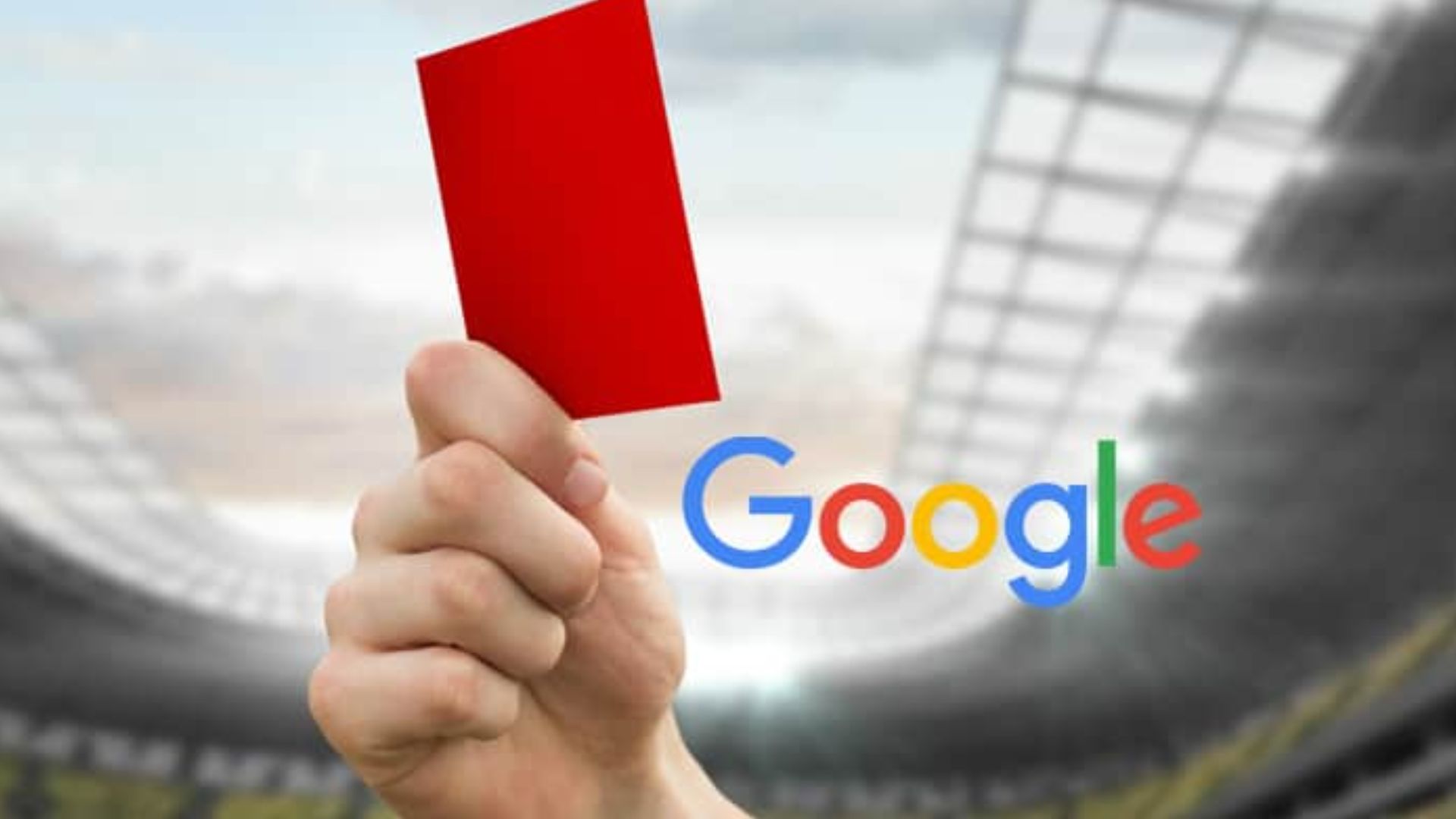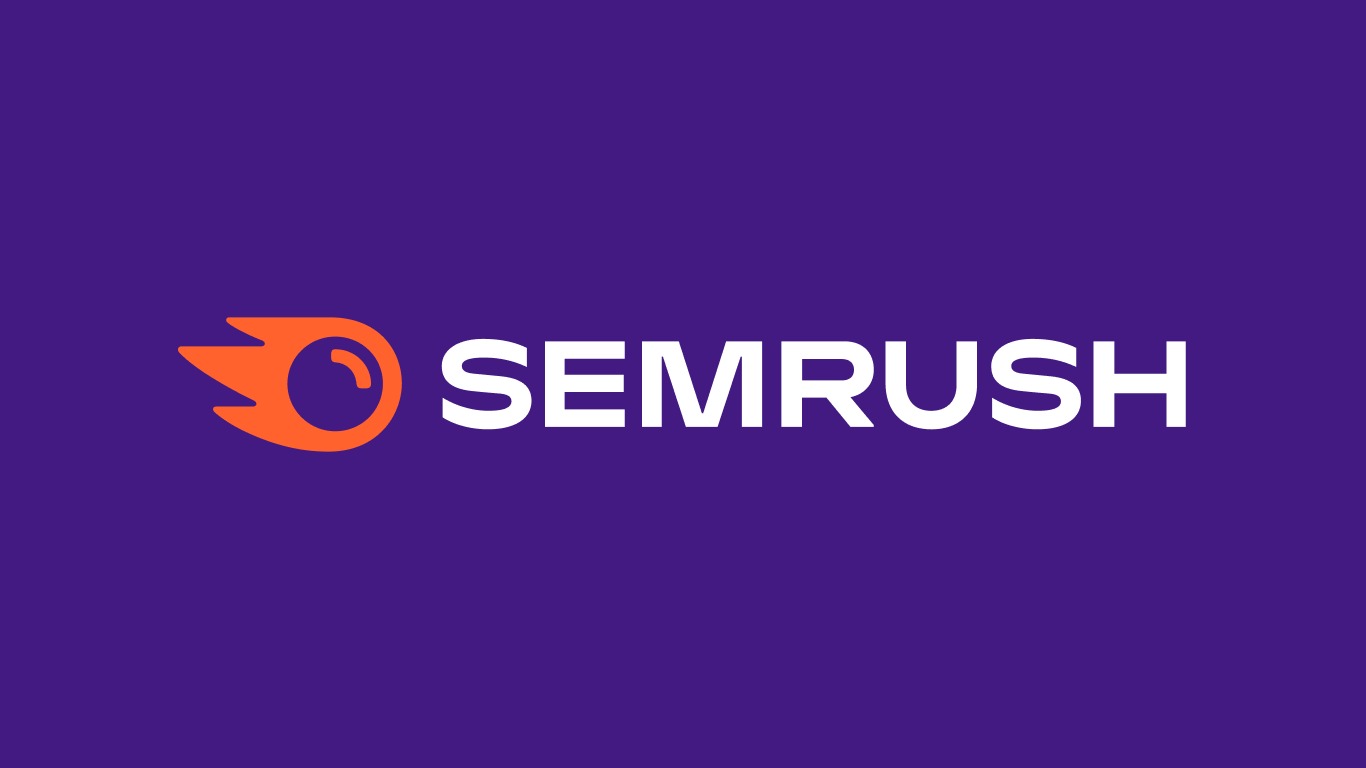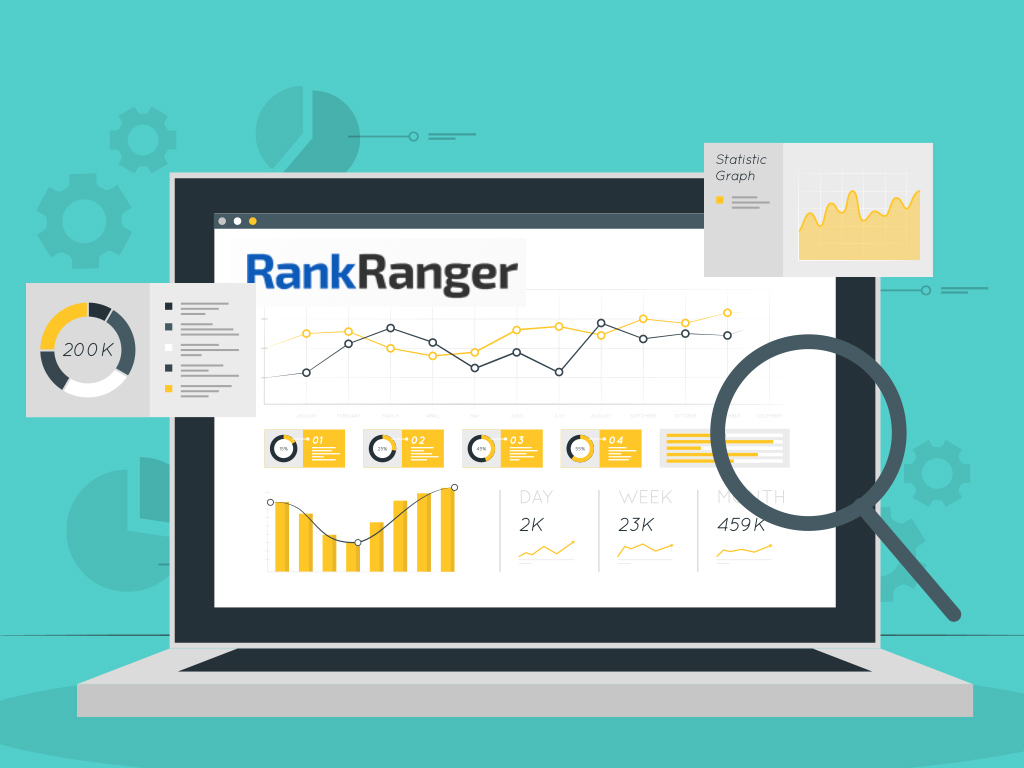
When something goes wrong with their site, many Webmasters try to fix it before they know what went wrong. This is not only a bad idea, but it might also make things worse in the long run. Instead of making a choice based on how you feel, you should step back, look at the problem, and come up with a rehabilitation plan that will work for your site.
It's not going to help to try to fix something without knowing what's wrong. To get your site back, you need to identify which penalty is at play accurately. Here are the top 10 best Google penalty checker tools.
1. Mozcast
People who work in marketing know that Moz is one of the best SEOtools out there. It doesn't show specific Google penalties your site may have received if your traffic dropped, but it does show both proven and suspected algorithm updates from Google.
2. SEMrush
SEMRush is one of the best tools on the market for checking for Google penalties. The helpful Sensor tool gives you details that you can use to figure out if you've been hit by one of Google's infamous penalties. You can see how SERP changes over time and compare that to how your website does after an algorithm update.
3. Accuranker Grump
Web admins can use AccuRanker Grump to keep an eye on when Google changes its algorithm in a way that could make a website lose visitors. It's fun for AccuRanker to keep track of the changes. If there has been an algorithm change, a tiger face will show up on the screen.
4. Rank Ranger
Rank Ranger is one of the tools that can check for Google penalties. It shows any changes that Google has made to its algorithms in the last few months. Click on this link to find out if you've been given a manual punishment.
The results of these Google ranks are shown in the form of a graph chart with changes shown in different colors. Google is likely making changes to the algorithm because the color red means there are a lot of changes.
5. FE International
When Google changes its algorithms, FE International keeps track of them and compares them to your traffic. It's free to use. It's hard to read the tool because there are so many colored lines that make it appear confusing. FE International is simple to use after some practice. If you click on any part of the graph, it will zoom in on that part and give you more details.
6. Rank Ranger
Google changes sometimes need to be noticed. They haven't said anything before or after the event. It can be challenging to keep up. Rank Ranger is a free tool that users can use to check for Google penalties and get thorough information about both real and fake updates.
7. Panguin Tool
The Panguin Tool from Barracuda Digital is a free app that works with Google Analytics. After you connect, you need to pick your Google Analytics property. It's surprising that, unlike other tools, it takes little time to get your data and see how it fits with significant Google changes.
8. Fruition
Fruition is an excellent tool for finding out which changes are affecting your site. It's a paid app. You have to make a free account with Fruition before you can use their Google punishment checker. It will ask you to connect to your Google Analytics account and pick the sites you want to check after you've created the account.
9. Cognitive SEO
CognitiveSEO is the last tool on our list that checks for penalties. It lets you change and send signs to the Google Algorithm and is a handy tool for checking to see if anything is going on in the business.
CognitiveSEO keeps an eye on more than 100,000 keywords for results on mobile, laptop, and local devices. You can choose to show the first three, five, or ten results, as well as the top 10, 20, or 50 results.
10. Algoroo
Algoroo is a tool that DEJAN made to track Google algorithms. It observes chosen keywords and looks for changes. The movement in both directions adds up to make a single SERP flux measure known as "roo." A high roo number (orange) means that Google's search results change a lot. But a low roo number (green) means that today is just another day.
What Is A Google Penalty (Actions Vs. Filters)?
When Google punishes someone, it's called a "manual action." However, it's essential to keep human actions and algorithmic filters distinct from one another before we go any further. This is what's going on.
Manual Actions
A group of people work for Google and follow the Search Quality Evaluator Guidelines to check and rate websites by hand. If someone looks over your site and finds a problem, you may get a direct action. When you go to Google Search Console, go to Security and Manual Actions to see if you have any of the following. Actions that are done by hand come in two types:
- Sitewide matches affect an entire site.
- Matches that only affect a single URL or a small part of a website, like a subfolder.
Algorithmic Filters
Google might shut your site down because of an automated filter that is part of the main algorithm. For instance, the Panda algorithm can be used as a filter to lower the rank and traffic of your page. Google's algorithm has changed over time and now has more filters built in. This means that there are fewer one-time filters like Penguin and Panda.
It's not as easy to tell if an algorithmic update has hit you as it is by a manual move. You can look to see if your organic traffic drops around the same time that Google makes a known change to its algorithm. But that's not proof enough on its own.
How Do You Know If Your Website Is Penalised By Google?
Most of the time, a quick and massive drop in traffic is the only sign that Google has punished your website. It is usually the first thing that makes you realize you have a problem, so you should look into it. But that's not the only way to tell if Google has punished you.
Some marketers only know there's a problem once they use a checker tool or see a warning in their best analytics program.
To understand how Google gives fines, you need to know that most of them are done by hand. This means that a website is marked as having a problem, and then a person checks the problem to see if it is a problem.
Think Of Any Technical Changes On Your Site
Before the drop in traffic, you should look at any changes that were made to the site in the last few weeks. This will help you make sure that no technical problems, like changes to robots.txt files or the site running very slowly, came with the updates.
Lucky for you, a simple fix for a bug will bring more people to your site in the coming weeks.
Check For Warnings In Your Webmaster Tools Account
Check out Webmaster Tools on Google. Go to Google Search Console > Security & Manual Actions to check if your site has not been penalized by hand.
A human reviewer at Google will take action by hand if the website doesn't follow Webmaster rules. Usually, when someone tries to change how search tracking works, a manual action is taken.
Identify Seasonal Trends
As the seasons change in your market, make sure that the drop in business is not a sign of a longer-term trend. So, you saw a sudden drop in traffic around the same time that Google changed its algorithm.
How Do You Manually Check For Google Penalties?
You can use the steps below to figure out if your site was punished if you want to avoid using Fruition's Google Penalty Checker tool.
Dig Into Google Analytics
You're probably reading this blog post because you've noticed a quick drop in organic traffic. This could mean that Google has punished your site. Check the Google organic traffic from at least 21 days before and after the known Google change.
The time range should be at least two days. Updates from Google come out in waves, so you should look at a more extended time. This will help you figure out if the drop was natural or not.
Check Your Website's Rankings
One way to cross-reference your organic visits is to look at your results in Google Search Console. There is a lot of SEO personalization going on with individual keyword positions and localization, though, making it hard to check individual keyword rankings with a lot of trust.
The results of your website may have dropped for keywords that it used to do well for, though. This could be a sign of a penalty.
Look For New Messages In The Google Search Console
This should be the first item on the list, but it could be more interesting. If you get a new message from Google, it might be about a punishment or something else. In the Manual Actions area of your Search Console account, you can see if Google has given you a manual penalty.
Can You Recover From Google Penalty?
You can get back on track after getting penalized by Google as long as you figure out what went wrong and fix it. Most of the time, spammy links (both coming and going), useless content, and actions that break Google's rules are what cause a punishment. Here are some tips to consider:
- Links that need to be clarified leading to your site - You likely got a manual punishment and a message in Google Search Console Tools if you bought links, traded links, guest posted for links, commented for links, or sent your website to thousands of spammy directories.
- Unnatural links pointing from your website to other sites - If you used to sell links or have a lot of links on your pages that go to other sites, take them down (or "nofollow") and ask for them to be looked at again.
- Thin content - Either get rid of or merge the pages on your website that don't have much or any information. "No index" the pages that aren't useful, and try to add sound and original material.
- Duplicate content- It's not good for your Google ranking if you constantly copy content from other websites. If you do this, stop and follow the same steps as with "thin content."
- Optimize your website- A penalty won't happen just because your website isn't SEO-friendly. Still, if you are already in trouble because of a penalty, it helps to make your website as SEO-friendly as possible. Use our SEO checklist to help you through the process.
Frequently Asked Question
How Do You Check For Google Penalties?
Check for Google penalties by reviewing Google Search Console for manual actions or using online tools like SEMrush.
Am I Being Penalized By Google?
Monitor traffic drops, rankings, and messages in Google Search Console to determine if you're being penalized.
How Do You Remove A Google Penalty?
Remove Google penalties by fixing issues causing violations, then submit a reconsideration request.
How Do I Recover My Google Penalty?
Recover from a Google penalty by implementing corrective actions, improving site quality, and patiently awaiting Google's reassessment.
Conclusion
I hope that you have understood the Google penalty checker tools that are mentioned above in the article. When your traffic drops so quickly, it can be scary to think that you might have been hit with a Google penalty. If you're seeing a drop in web traffic because of a change in Google's algorithm, these eight tools can help you figure out if there is a problem or not.
Remember that only some of these things will help if your content is good. If Google thinks your content is optional, they might not punish you, but you won't do well on the search engine results page (SERP).





